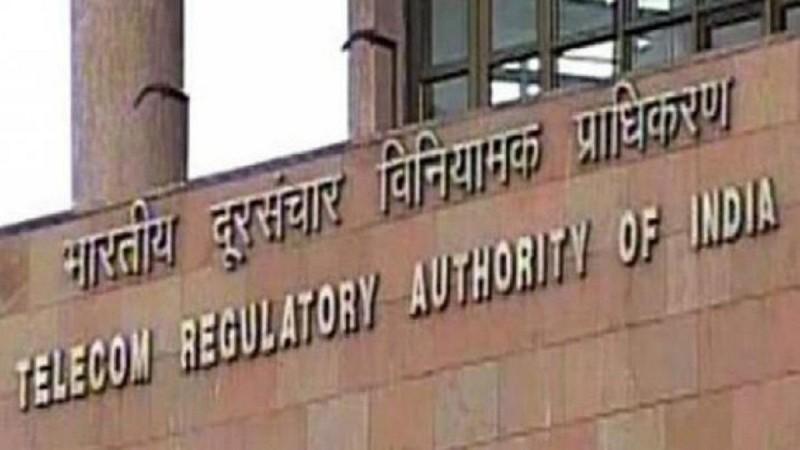
The Centre has introduced a significant piece of legislation, the Telecommunications Act, 2023, which is set to replace century-old colonial laws and usher in a new era of connectivity from June 26. This Act is a comprehensive legislation that aims to amend and consolidate the law relating to the development, expansion, and operation of telecommunication services and networks, assignment of spectrum, and matters connected therewith. The Act has been introduced with the objective of addressing the huge technical advancements in the telecom sector and technologies. It seeks to repeal existing legislative frameworks like the Indian Telegraph Act, 1885, and the Indian Wireless Telegraph Act, 1933. The Act also provides measures for the protection of users from unsolicited commercial communication and creates a grievance redressal mechanism.
One of the key provisions of the Act is Section 20, which states that the central government or a state government will be able to take control of any telecommunications services or networks in times of emergency after the implementation of the Act. This provision is designed to ensure national security and public safety. However, it has raised significant concerns about potential overreach and misuse of power. Critics argue that the broad definitions of public emergency and public safety could lead to arbitrary enforcement, enabling the government to suppress dissent and monitor communications without sufficient oversight. The Act also addresses issues like spam and malicious communications, and it introduces measures for non-discriminatory right of way grants for telecom network roll-out and the establishment of common ducts and cable corridors. Additionally, it redefines the telecom sector, introduces regulatory sandboxes, and enhances user grievance redressal mechanisms.
The Telecommunications Act, 2023, also impacts telecom service providers by requiring them to be prepared to hand over control of their networks if necessary, potentially affecting their normal operations and customer services. It underscores their role in supporting public safety efforts during crises. The Act's provisions might necessitate a balance between enabling the government to act swiftly in emergencies and establishing clear guidelines to prevent misuse of power, ensuring that user data is protected and accessed only as per strict legal procedures. The Act's implementation will likely involve further regulations and guidelines to clarify these aspects and address privacy concerns.

The Act has been introduced at a time when the telecom sector is witnessing significant growth and transformation. For instance, the Nigerian telecommunications sector, currently ranked as the largest in Africa, is expected to grow from USD 8.68 billion in 2023 to USD 10.92 billion by 2028. The growth in 5G deployment across the country, growth in data consumption, proliferation of the Internet of Things, increased smartphone and mobile app usage, increased investments in the sector, and growing government initiatives and policies to drive internet infrastructure and broadband connection in Nigeria are among the factors contributing to this growth.
The introduction of the Telecommunications Act, 2023, is a development in the telecom sector, and its implementation will likely have far-reaching implications for the industry, the government, and the users. As the Act comes into effect, it will be crucial to monitor its impact on the telecom sector, the balance of power between the state and citizens, and the protection of user privacy and data security. As the Act comes into effect, it will be crucial to monitor its impact on the telecom sector, the balance of power between the state and citizens, and the protection of user privacy and data security. The Act's implementation will likely involve further regulations and guidelines to clarify these aspects and address privacy concerns. The introduction of this Act is a testament to the government's commitment to adapting to the rapid technological advancements in the telecom sector, while also addressing the critical issues of national security, public safety, and user privacy.
















